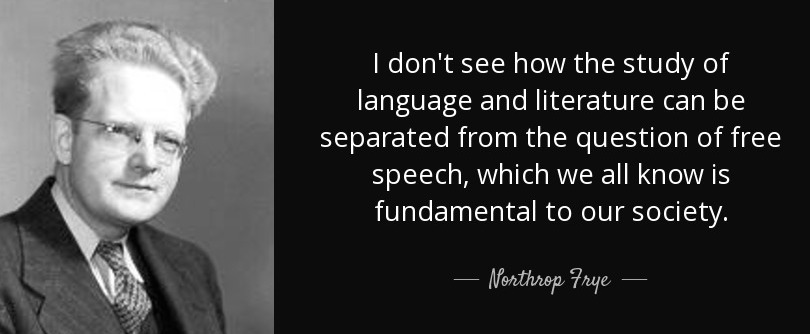I had the privilege of living in Nelson Mandela’s Rainbow Nation for four years – 2004-2008. Lory and I loved our life there living in the “Crime Capital of the World” – Johannesburg. Yes bad things happened to people as a result of violent crime, but we always felt safe living the philosophy of being careful without being paranoid. We pretty much had that approach down, having lived the previous four years in Islamabad, Pakistan.
Nelson Mandela, known affectionately by his Xhosa clan name Madiba, was a remarkable man. To bring his nation together after the Apartheid experience seems nothing short of impossible. He knew when to let go of the reins of political power to remain a kind of spiritual leader of the nation. I witnessed spirit that he instilled in the people of South Africa in many of my South African friends. When I think of the Rainbow Nation, I especially think of my good friend Richard Bunbury.
Richard was a modern day Renaissance man. A proud South African of British ancestry, Richard was a gentle soul, an intellectual, an idealist, and a rugby player. He loved rugby and was proud of his days as a player. As a college student at Wits University in the 1980’s he and his buddies used to cheer against the Springbocks – a gesture of political protest. For Richard, the all-white national rugby team represented the the racial discrimination of the Apartheid government. Richard would chuckle when he proudly shared that piece of his history.

As a young teacher, Richard emigrated to Vancouver, British Columbia where he taught for twenty years. Richard loved Canada. He had two particular Canadiana passions; one political and one literary. More specifically, the Canadian Constitution and Canadian literary critic Northrop Frye.
It made me smile when Richard would praise the Canadian Constitution as a governmental model for the whole world. He genuinely believed that the universal adoption of the Constitution of “the true north strong and free” would solve most of the world’s problems. Of course Richard’s emigration was highly motivated by his political concerns for his native South Africa.
I was intrigued to learn that Richard’s other Canadian passion was literary critic Northrop Frye. Richard and I had a lot in common intellectually. We both majored in English Literature and we both chose teaching as a career. As scholars of English literature, Richard and his peers at Wits University, Johannesburg idolized Northrop Frye as God’s gift to literary criticism. Like, how many people, outside literary academic circles, have even heard of Northrop Frye?

Frye’s unique approach to literary criticism recognized recurring mythological archetypes in all literature. Margaret Atwood for example expanded on Frye’s construct in recognizing the dominance of the “survival” theme in Canadian literature; man’s struggle against a hostile nature.
Frye saw Biblical archetypes in all Western literature. His archetypal approach had evolved from his exhaustive analysis of the poetry of William Blake. At the University of Saskatchewan, Regina Campus in the 1970’s, I had spent a whole summer doing an independent study of the poetry of William Blake, and thus was also profoundly influenced by Northrop Frye’s critical masterpiece Fearful Symmetry.
But it was Richard’s passion for politics that brought him back to South Africa after twenty years in Vancouver; it was Nelson Mandela. Richard was so inspired by the vision of Madiba’s Rainbow Nation that he wanted to return to his native land to be part of the rejuvenation. He returned to study law. As an idealist he wanted to make a difference, and saw defending young black offenders as his calling.

Unfortunately, Richard became disillusioned with the legal system in the Rainbow Nation. He felt that the young black offenders had insurmountable obstacles blocking their road to freedom. After struggling with the frustration of the system, Richard returned to teaching. For me this was a fortunate turn of events because Richard came to teach fifth grade at the American International School of Johannesburg where I had the privilege to be his colleague and friend.

Disillusionment with the legal system did not make Richard a cynic. He did not lose his love for the Rainbow Nation, or his admiration for Mandela. He and Madiba both became ardent Springbocks fans. I learned to love the game of rugby during my time in South Africa. When the Springbocks won the Rugby World Cup in 2007, Richard took me to his “Club” to watch the game. It was one of the most memorable experiences of my time in South Africa.
During his time teaching at the American International School Johannesburg, Richard contracted cancer of the esophagus, an especially invasive form of the disease. He fought the cancer for years, and we had hopes that he would beat it. With a twinkle in his eye, he used to describe his battle metaphorically in military terms. When Richard was not physically strong enough to come to school, we would visit at his home and sometimes go for drives in my little red convertible Peugeot sports car.
When I left South Africa in 2008, Richard bought my car. We bought the car in 2004, and as I reached and passed the age of 60, my Peugeot got me through menopause. I loved that car, and Richard subtly coveted it. It was painful to leave it behind when I left South Africa, but knowing that it was going to Richard was a great consolation. Richard enjoyed the car for three years. In July 2011 he lost his battle with cancer.
Richard shared the ideals of the Rainbow Nation with Nelson Mandela. He dedicated his life to the principles of justice and human dignity. I feel fortunate that I can say he was my friend.